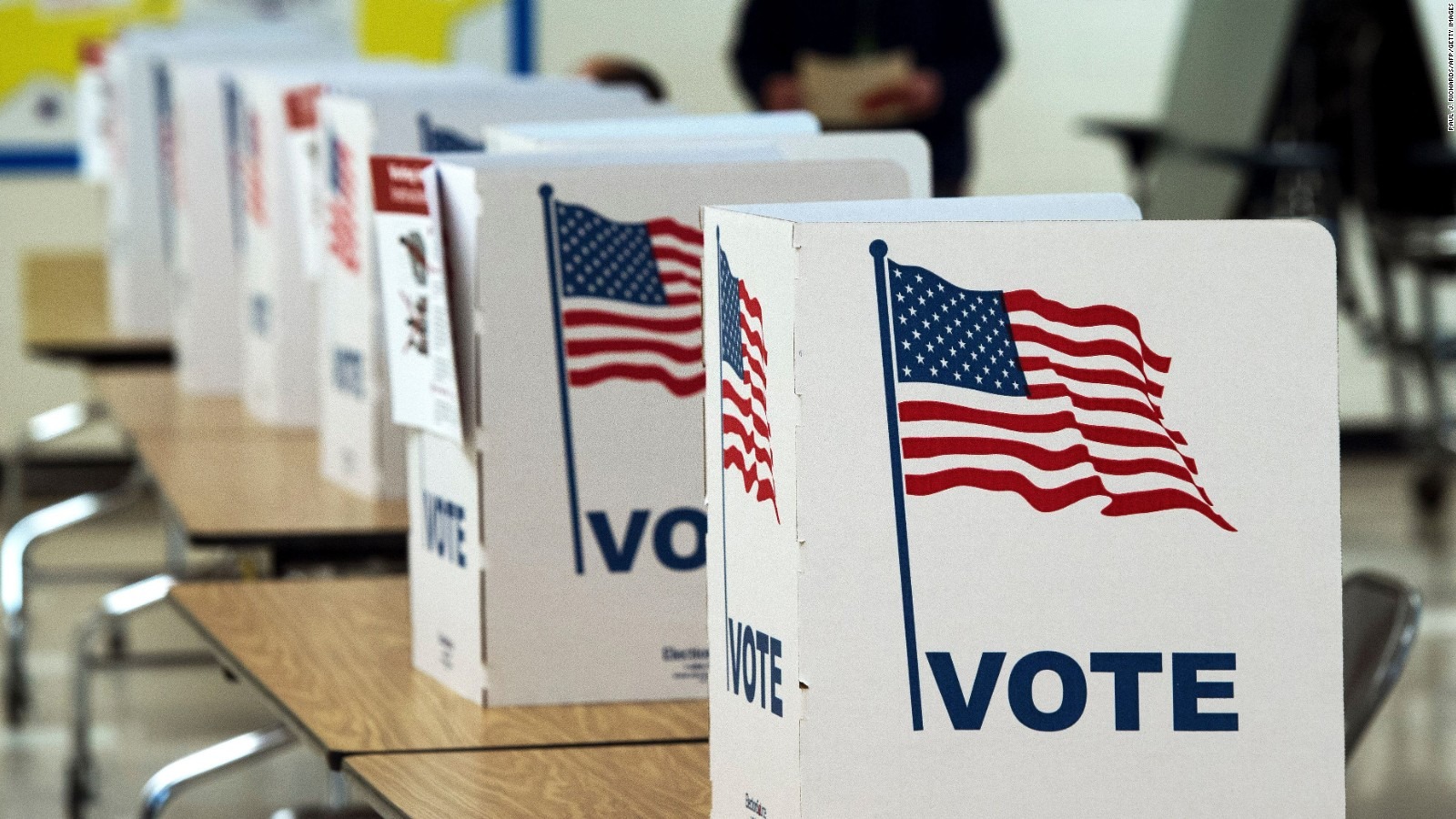Dr. Mahmoud Dehghan, in an interview with the website of the Strategic Council on Foreign Relations, referred to the repeated statements of White House officials that Iran, Russia, China and North Korea are enemies of the United States and are trying to influence the US elections, and noted: In the aftermath of World War II, the US foreign policy has been based on the existence of an enemy, and the foreign enemy, who always threatened the country with war and destruction, was used as a factor of internal unity.
Existence of Foreign Enemy the Basis of American Foreign Policy
“If we accept that the American foreign policy is based on the presence of a foreign enemy, then this foreign enemy must be objective: Naturally, the United States was moving forward in various competitions with the Soviet Union until 1990. In 1990 to 2000, this hypothetical enemy that was not real collapsed and they had to create a replacement. The 1990s to 2000s were a decade of vacuum in the United States.
“Bush Sr. emphasized in the election that we had overthrown the Soviet Union and that by ousting Iraq from Kuwait, the world has only one power and it is a unipolar system,” he said. But despite their superior position, they lost the election and Mr. Clinton came to power that was more introverted and focused on US domestic affairs. However during the second term of the Clinton presidency, the Americans realized that not only a unipolar system was not being created, but a multipolar system was being formed.
Referring to the November 4 US presidential election, Dehghan said about China’s influence on the polls: “Today, China has become a well-established power with high economic and military strength and good lobbying power with an active role in the world. The number of vetoes China has done between 2010 and 2020 are more than the entire vetoes during its membership in the United Nations and this shows that Beijing interferes and participates in the decision-making.
Emphasizing that the United States considers China its main rival and enemy, he said: “China’s influence on the United States is an economic one.” The Americans who have invested in China and see their capital in jeopardy with Mr. Trump’s remarks are mostly those who were Mr. Trump’s supporters and have become his opponents.
US Paranoia and Interfering in Elections, Blame Game and Running forward
Dehghan added that Trump claims that Russia’s cyber influence, along with China’s economic power and influence over American investors and its feedback within the United States, along with the threats North Korea poses to US allies in the region, will affect US elections. Of course, these are a kind of projection and running forward. While some of these issues are true and cannot be ignored in China’s economic power and Russian cyber influence, this does not mean that they are united in ousting Mr. Trump, because they have problem with American hegemony.
Russia’s Involvement in US Elections Four Years Ago
Regarding Russia’s influence in the US election, the professor of international relations, said that according to evidence, Russia was involved in the US election four years ago. “This became clear to the US Congress and the fact was that through cyber-intrusions and contributing to WikiLeaks and all sorts of social networks, the Russians were able to negatively affect the mentality of those who supported Hillary Clinton and led to the election of Mr. Trump.”
Evaluating Russia’s positions and interests in the upcoming term of the US elections, he said: “In foreign policy, there is no permanent enemy and permanent friend, but there are permanent national interests. Four years ago, it was necessary for Russia to intervene in the US elections, because Mrs. Clinton’s anti-Russian policies were sharper than Mr. Trump, and she openly took a stand against Russia, but Trump was calmer at the time and had behind-the-scenes ties to the Russians; but now things have changed.”
Dehghan explained: “In the current situation, Trump for Russia is a fruit whose juice has been taken and they want to throw out its waste. Therefore, Biden’s coming to power may bring more benefits to some policy adjustments and he may no longer threaten Russia with military conflicts and withdrawal from the Continental Missile Treaty.”
Emphasizing that Trump’s presence benefited Russia in many ways, the professor said: “Certainly Russia today is not Russia of four years ago. It has more powerful allies and has taken over many areas from the United States. Of course, they can influence the election during this period, but not like the previous one, because the sensitivities of the US judicial and security institutions have increased and they are more careful and conduct more filtering.
“North Korea’s geographical location is such that attacking the country means violating the security borders of Russia and China,” he said, referring to allegations that North Korea was trying to interfere in the US election. His meeting with Trump sought to break out of isolation and reach a negotiable position, but the Chinese warned him that he was not at the weight and size to upset the equations of the world.
Noting that the North Korea talks were a foreign policy achievement for Trump, he added: “All of North Korea’s exports and imports are with China; therefore, it is natural that a country whose economy is 100% dependent on another country cannot be independent in its political behavior. I believe that North Korea is not influential in the political equations of the world.”
As for the question that who would serve North Korea’s interests more; Biden or Trump, he said: “Certainly the negotiations between the United States and the North Korean leader were unprecedented in history, and this was something that was done during the Trump era, and he kept talking about continuation of these negotiations. Of course, I believe that the Chinese played a role in leading the US President to the negotiations with Pyongyang.”










0 Comments